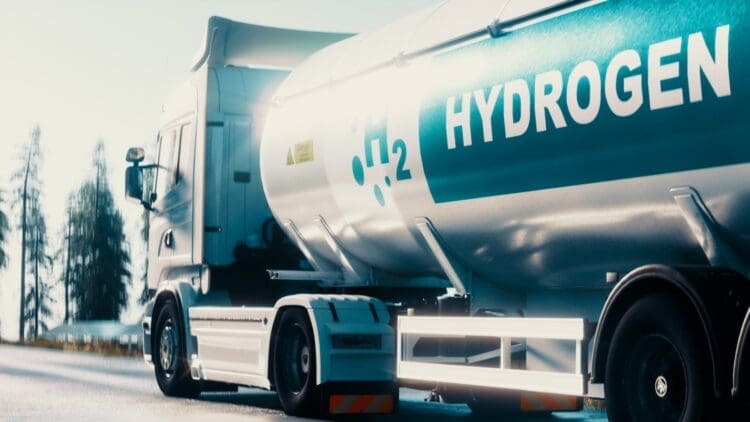German energy giant RWE has reported that it has exited the $10 billion Hyphen project in Namibia, reshaping the global push to implement green hydrogen projects. The nations of the world are pushing the energy sector to develop new projects that bring hydrogen to the forefront of the energy sector, particularly in underdeveloped nations like Namibia. The nation in Southern Africa is exceedingly large and has vast amounts of natural resources available that have not yet been fully explored. RWE pulled out of the deal to develop the nation’s hydrogen infrastructure despite the promise that the renewable energy sector presents.
RWE pulling out is a blow to Namibia’s ambitions to become a global hydrogen hub
Namibia had plans to become a global leader in the hydrogen sector as the world explores the best and most viable hydrogen projects that can elevate the standing of the renewable energy sector beyond the current state it finds itself in.
In 2022, the German energy utility signed a preliminary non-binding memorandum of understanding with Hyphen to purchase approximately 300,000 tonnes of ammonia annually. Ammonia is normally produced using natural gas; however, decarbonizing that process means replacing gas with hydrogen extracted from water using renewable energy sources.
RWE is among the biggest energy utilities in the world and could have established itself as a major player in the hydrogen sector in Southern Africa. The decision to exit the deal represents a certain percentage of energy companies showing caution in adopting the renewable energy generation sector.
The company has stated that the current economic climate does not allow for a beneficial investment in hydrogen, stating, “Against this backdrop, we have reviewed the relevant projects at RWE. This included the project with Hyphen in Namibia.”
“We can confirm that RWE is currently not pursuing any further projects in Namibia,” – RWE statement
The hydrogen sector in Africa needs more investments from relevant stakeholders in the energy industry
Hydrogen is the most abundant element in the universe and can be found in great quantities all over the planet. As such, the nations of the world have slowly begun to explore the best methods to fully integrate the renewable energy resource into their energy portfolios.
Hyphen spokesperson Ricardo Goagoseb noted that RWE had not made any final purchasing agreement, and only signed “a memorandum of understanding to explore potential off-take.”
Indigenous rights groups in Namibia submitted a complaint to RWE
Indigenous rights groups in Namibia wrote to the German energy utility complaining that its concession was inside a national park and encroached on their ancestral Nama land. However, RWE said there was no connection between these complaints and its decision to pull out of the deal.
In a joint statement with the Nama Traditional Leaders Association, Andrea Pietrafesa, legal advisor at the European Centre for Constitutional and Human Rights, praised the decision not “to purchase goods produced on land where indigenous rights are violated.”
The news that H2Med has added 40 new members to the organization underscores the importance that hydrogen will play in the global energy sector in the near future; however, that positive attitude has not reached Namibia.
The hydrogen and ammonia sectors have seen significant projects being developed recently
The decision by RWE to pull out of the Hyphen project in Namibia is a cause for concern; however, the rest of the world is making significant progress in the sector. As evidenced by the recent news that Japan has completed factory trials for the world’s first ammonia-powered ship engine. Regardless of the perception that RWE has towards the hydrogen sector, the overarching conclusion from the world is that the hydrogen and ammonia sector will continue to grow as the world transitions away from fossil fuels.





